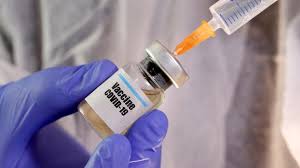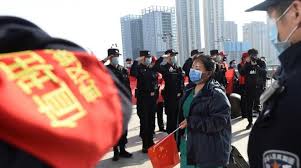China leads Covid-19 vaccine race

Islamabad: China has been forging ahead in the race to develop a vaccine to help control the Covid-19 pandemic, with Sinovac Biotech’s experimental vaccine set to become the country’s second and the world’s third to enter final stage testing later this month.
While a laggard in the global vaccine industry, China has brought state, military and private sectors together in a quest to combat a disease that has killed over 500,000 people worldwide.

Many other countries, including the United States, are coordinating closely with the private sector to try to win the vaccine development race, and China faces many challenges.
Its success in driving down Covid-19 infections makes it harder to conduct large-scale vaccine trials, and so far only a few other countries have agreed to work with it.
After past vaccine scandals, Beijing will also have to convince the world it has met all safety and quality requirements.
But China’s use of command economy-type tools is so far yielding results.
A state-controlled entity, for example, completed two vaccine plants at what it called the “war time speed” of a couple of months, while state-owned enterprises and the military have allowed experimental shots to be used on staff.
The People’s Liberation Army’s (PLA) medical research unit, which has been a driving force in China’s efforts to fight infectious diseases, is also working with private firms including CanSino to develop Covid-19 vaccines.
Challenging the West’s traditional dominance of the industry, China is behind eight of the 19 vaccine candidates in human trials, with Sinovac’s experimental shot and one jointly developed by the military and CanSino among the front runners.
It is also focused mainly on inactivated vaccine technology – a technology that is well known and has been used to make vaccines against diseases such as influenza and measles – something which could raise the chances of success.
By contrast, several Western rivals such as US-based Moderna and Germany’s CureVac and BioNTech are using a new technology called messenger RNA that has never before yielded a product approved by regulators.




